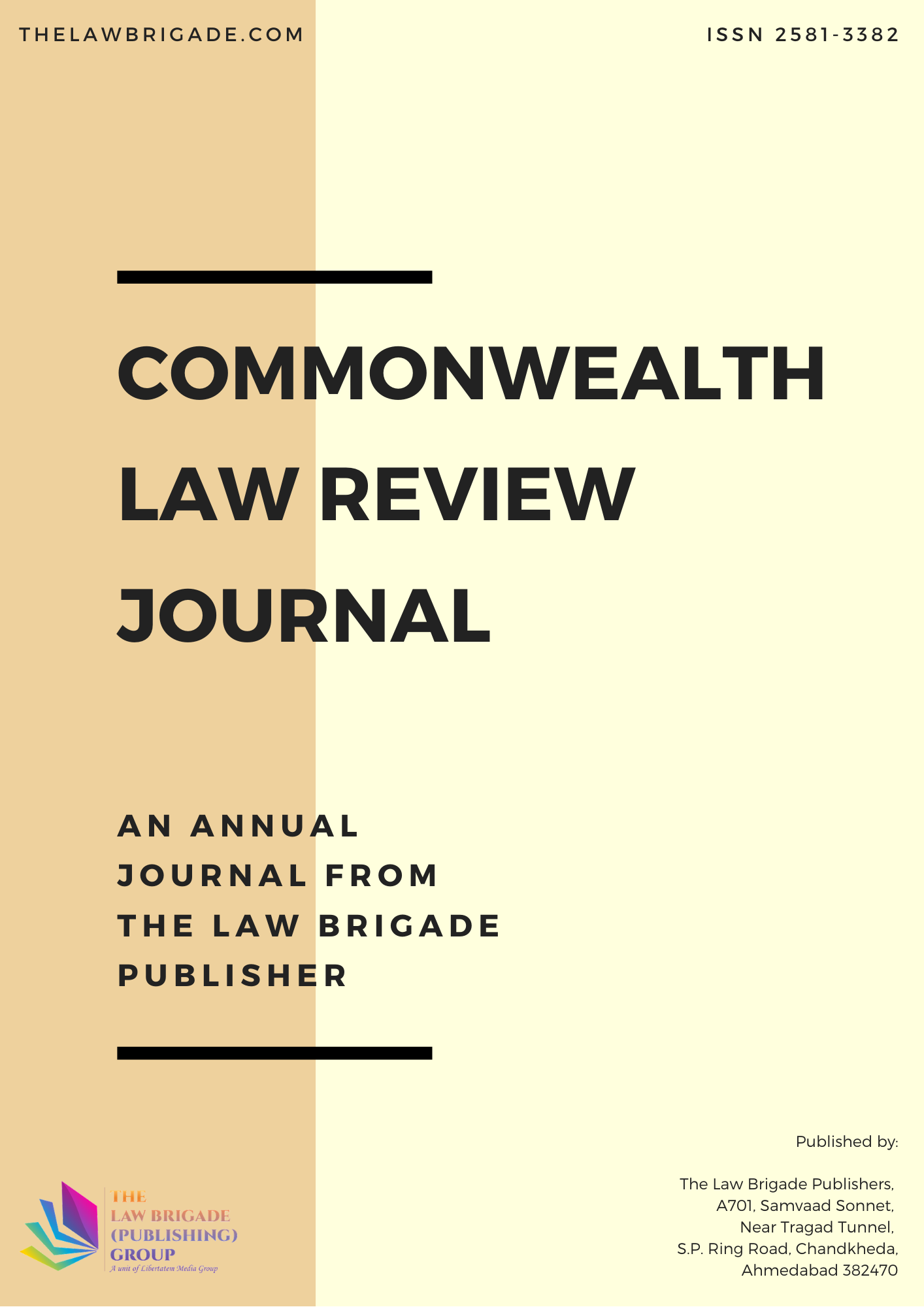Throughout this article we have made references to crimes of torture, inhuman and degrading treatment of the human kind in the world. The constant situation of the practices of torture, conversely, requires a comprehensive and methodical assessment. Actions that constitute torture were regrettably, been in practice in all societies as far back as the narrative of the humanity’s past. The development of human rights law in the international stage is one of the most important steps forward that happened since the end of the 20th century. The two World wars have depicted terrible paradigms of torture that took place during the hostilities as well as against helpless civilians. Since the end of the Second World War, there have been melancholy cases of horrible acts of torture around the world. Sadly, it is an offence that is currently employed on a daily basis in several nations of the world. Torture is an offence against human dignity, and is considered as a crime against humanity by the Statute of the International Criminal Court in Article 7(1) (f). Significant efforts have been achieved in order to eliminate its acts since the establishment of the United Nations in 1945. The international instruments criminalizing torture are very broad that would be practically not possible to make an all-encompassing list in this article. Along with other regional human rights instruments, all acts of torture are proscribed by the Universal Declaration of Human Rights (UDHR) 1948, and by the International Covenant on Civil and Political Rights (ICCPR) 1966. In spite of these developments, in practice, human rights law continues to be inhibited and limited. As such, for the purpose of this study, this article is divided into the following parts; the first part analyzed the concept of torture which centers on the definition of the term torture, and went further to examine the limits on the definition under international law. The second part discussed the argument for and against the use of torture under international law. Also addressed in this part is the legal obligation of State parties under the Convention against Torture and under customary international law, as well as the mechanism for enforcing States obligation(s) under the Convention against Torture. The third part of the article examined the achievement(s) and set back(s) of international human rights law in the protection of freedom from torture at the international level. The article relied on secondary sources – including opinio juris, UN Conventions and international treaties. In conclusion, this article argued that considering the substantial number of ratifications to the instruments concerned with the proscription of torture, especially, since neither the regional instruments nor the UN CAT permit any derogation(s) from those provisions that deal with the proscription of torture – provide convincing evidence that the rule is binding in international law. The article also noted that the proscription on torture is a norm of jus cogens, a norm from which no derogation is allowed. Similarly, it has noted that lack of effective enforcement mechanism of these instruments impinges upon all areas of international law, even though its force is felt most evidently and fully in international human rights law.
How International Human Rights Law has Enhanced the Protection of Freedom from Torture at the International Level
Publication Information
Journal Title: Commonwealth Law Review Journal
Author(s): Dr Muhammad Ibrahim Bukar
Published On: 03/01/2023
Volume: 8
First Page: 722
Last Page: 734
ISSN: 2581-3382
Publisher: The Law Brigade Publisher
DOI Not Allotted [Get DOI]
Cite this Article
Dr Muhammad Ibrahim Bukar, How International Human Rights Law has Enhanced the Protection of Freedom from Torture at the International Level, Volume 8, Commonwealth Law Review Journal, 722-734, Published on 03/01/2023, Available at https://clrj.thelawbrigade.com/article/how-international-human-rights-law-has-enhanced-the-protection-of-freedom-from-torture-at-the-international-level/
Abstract
Keywords: International Human Rights Law, Convention against Torture, International Covenant on Civil and Political Rights and Jus Cogens.
Share this research
Latest Publications
April 10, 2025





